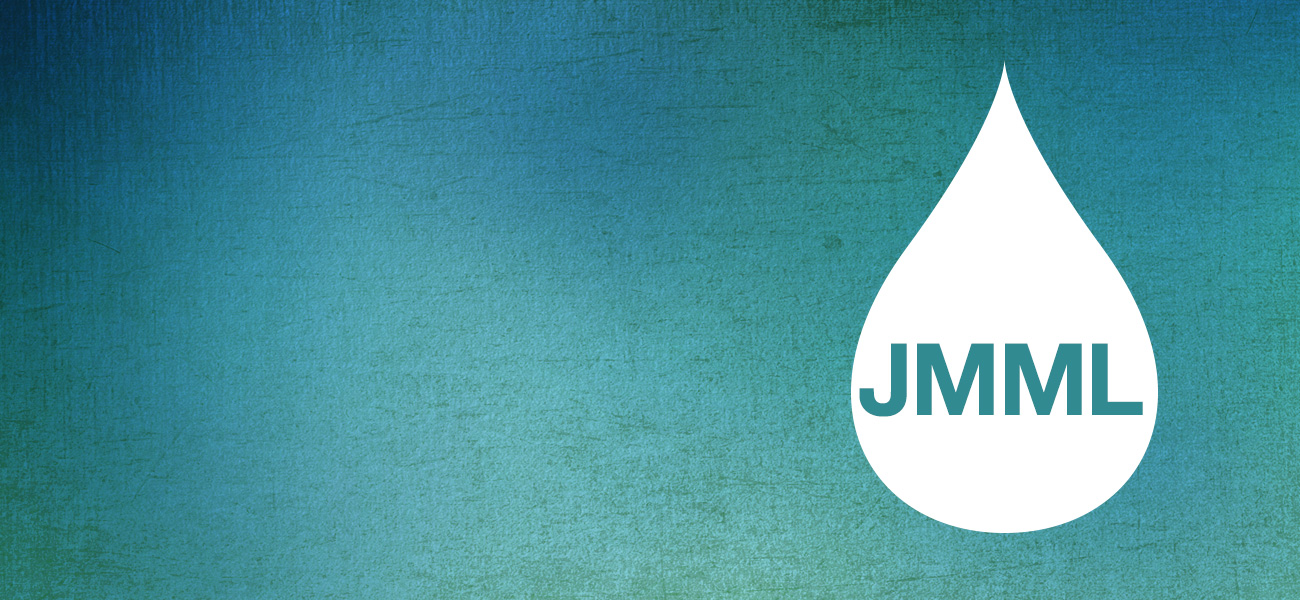Cancer therapy for juvenile myelomonocytic leukemia (JMML) can sometimes produce side effects. For most patients, treatment side effects are temporary and go away once therapy ends. For others, side effects can be more severe, sometimes requiring hospitalization. Some patients never have side effects.
Before your child undergoes treatment, talk with his or her doctor about potential side effects. Drugs and other therapies can prevent or manage many side effects.
Common Side Effects
The chemotherapy drugs used during stem cell transplantation's conditioning regimen are the main culprits when it comes to causing unwanted side effects. These drugs can kill cancer cells, but they often damage normal cells, too. The lining of the mouth, throat, stomach and intestines are particularly vulnerable to damage.
The side effects your child may experience depend on:
- The intensity of chemotherapy
- The drugs used during therapy
- His or her overall health
The following side effects are common to JMML treatment. Click here to read more about these side effects.:
- Nausea and vomiting
- Diarrhea
- Mouth sores
- Infections
- Slow growth rate
- Hair loss
- Low levels of red blood cells, white blood cells and platelets in the blood
- Congestive heart failure
- Graft-versus-host disease (if your child has undergone allogeneic stem cell transplantation)
Long-Term and Late Effects
For some patients, side effects may last well after they finish treatment. See Follow-Up Care.
Related Links
- Download or order The Leukemia & Lymphoma Society's free booklets
- Managing Side Effects
- Integrative Medicine and Complementary and Alternative Therapies

